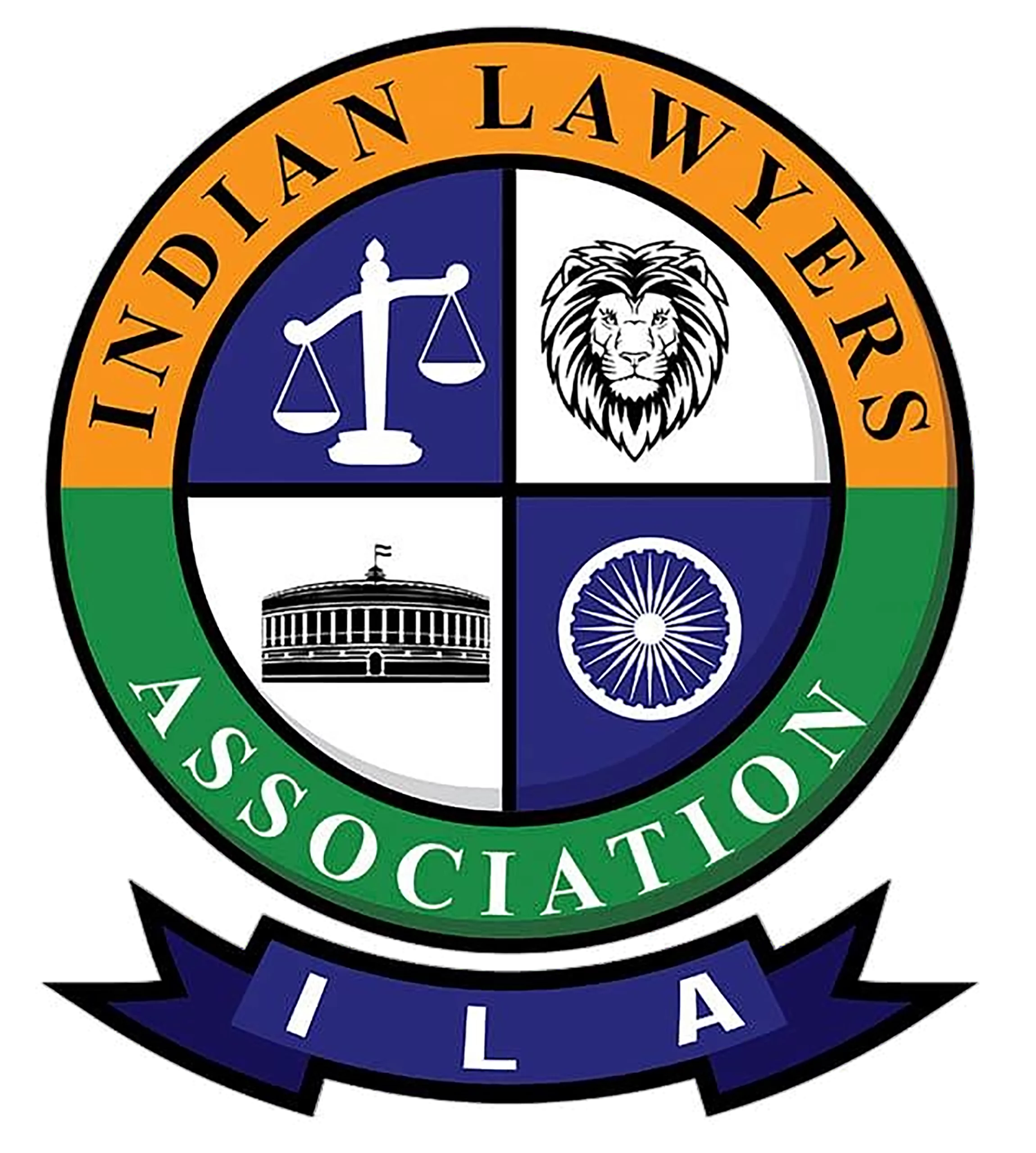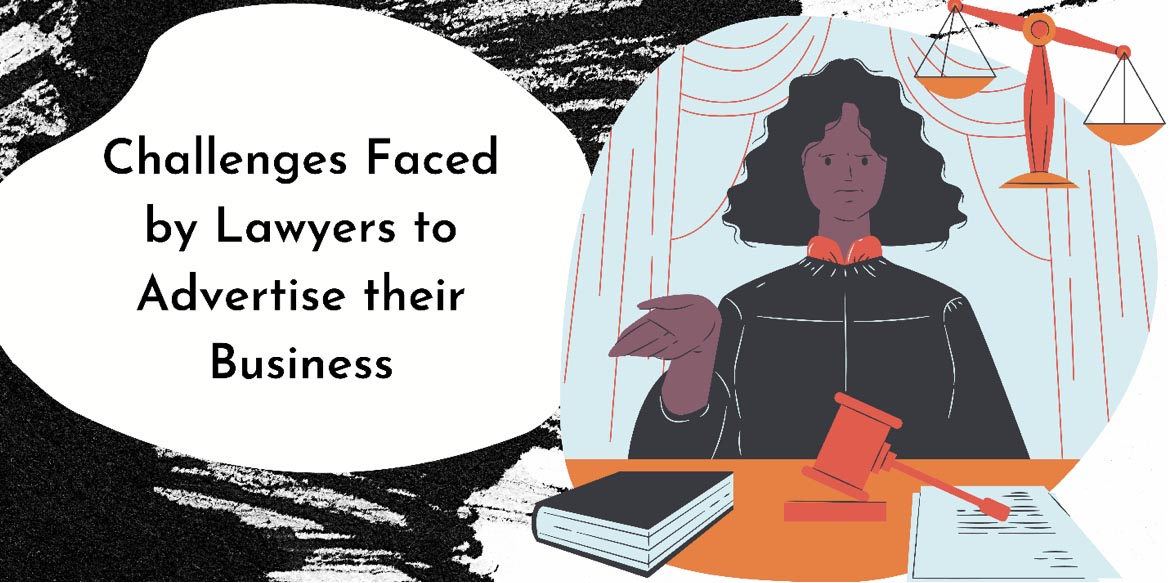What will we do in this fast-paced economy if advertising didn’t exist? Shall we say our mind is finally free from the overwhelming choices which are presented to us or we will feel left out to be informed of the important events happening around the world? The world of advertising has introduced us to many options much to the bane and boon of our existence. Before the paper and digital revolution, how did we know where to go for professional advice or which law governs a territory?
You went to law school, got a degree and graduated with a mixed bag of emotions and some decisions. What’s next ahead in your career? Will, you join a law firm, being an in-house lawyer or your curiosity and opportunities takes you to a master’s degree? The dilemma doesn’t stop here, this is the narrative for most law graduates in India. But the majority of law graduates either find themselves in a lack of choices or too many of them that are overwhelming.
After a few years into the profession, some move to be an in-house lawyer or a few want to start their law firm or practice owing to reasons of work-life balance or their learning doesn’t end within a structure.
The legal profession in India is a close-knit industry working on traditional narratives and professional ethics. For lawyers who are practising and law firms, the next standard goal is to build a clientele for revenue generation. To build their practice or law firm, or start-up, what are some of the major challenges faced by them?
• Location
Professionals migrate where the nature of opportunities take them. A lawyer must choose the right location after market research, industry and the nature of clients. Most practising lawyers find it challenging to build a practice in an already established industry where clients go to lawyers based on generational marketing. The majority of lawyers opt for tier 1 cities like Delhi, Mumbai, Bangalore, and Hyderabad so that they have the right set of resources and infrastructure to scale their careers.
• Resources
Just as a machine requires manpower and equipment, lawyers require skills and resources.
Mr Shubhanshu Gupta, the co-founder of Prakant law offices, Delhi, a full-service law firm that he started with his law school friends, states that “As a first-generation lawyer if you are starting in a new city, it can be challenging. Because you need to start from scratch. Resources and networking are the consequential factors. Since the rule prohibits advertisement, it becomes difficult for lawyers to sustain themselves. Hence, for start-up law firms, friends & family, a stastart-incubator is an affordable solution.
• Gender
Gender-based stereotypes exist in every profession. Owing to the patriarchal system and hierarchy, it’s very difficult for women to start and sustain themselves in the legal industry. Every year, owing to many reasons like resources, limitations, and societal pressures, women migrate from litigation to an in-house job or an option that offers sustainability.
Additional factors like lack of skills to learn technology is also a challenge for lawyers. Law firms and start-ups opt for marketing where technology is a major factor, a subsequent share of clientele is driven by social media websites like Linked In, Instagram, Facebook, Twitter & WhatsApp. But, other than technology, many lawyers find it conflicting to make a mark in hierarchy-based practice. If the father/mother is a lawyer, their children will follow the same steps and set a good example. What about the ones who belong to a different background, class or city
Bar Council of India
The bar council of India is the statutory body established under Section 4 of The Advocates Act, 1961 which is responsible for the regulation of legal education and legal practice in India. Prescribing certain standards for professional conduct, the body exercises the right to maintain etiquette and disciplinary jurisdiction over the bar. As far as the rule is concerned, Section 49 (1) of the Act empowers the Bar Council to make rules on “standards of professional conduct and etiquettes which should be observed by Advocates” under Clause 36, Section IV.
The rules were made on the premise of ‘unhealthy competition’ between lawyers and the feeling of ‘animosity’. It also specifies the conditions for the size of the nameplate for advocates to be hung outside of their chamber/office, not indicating that they have any membership or hold an important position.
The contravention of these rules is subject to prosecution specified under Section 35 of The Advocates Act, 1961. Under that, the State bar has the following powers:
– Complaint dismissal
– Reprimand the advocate
– Suspension of advocate for a particular period.
– Remove the advocate’s name from the state roll of advocates.
But, does this rule justified, somewhere to stop the evolution of legal the profession With the advent of technology and globalisation, we have new challenges in the industry, opinions divided into generations with senior lawyers supporting the rule, whereas it has drawn significant criticism, for the rule being archaic.
Elephant in the room
The phrase ‘elephant in the room speaks of the underlying bigger problem which needs to be addressed. ‘Legal profession signifies representation, from all classes and communities, people come to lawyers with expecting solutions, the rule was based on the premise of ethical standards in the words of Advocate-on-Record Ms Sanchita Ain. The people who come to a resolution are distressed and more subject to exploitation. Hence, it was for the greater good that advertising was not allowed, because it could mislead them and ethical standards would be compromised.
As she continues, “But, we need to move forward. The law was made in another century, currently, we are working in a modern era. So, we need to build measures as well. The involvement of social media in our lives has brought evolution to our perspectives.”
If we need to address this, we need to have a stronger mechanism to deal with this clause. There can’t be a blanket ban on solicitation of the practice of advocates or law firms. A first-generation lawyer will find it hard to start a law firm rather than one who comes from a legal background. It’s a known fact that word marketing has sustained generations. But, it will always be a hierarchal industry if we can’t build a space for new talent. Hence, rules need to be specific.
She concludes, that if there are advertisements for law firms and advocate’s practices, an amount needs to be specified to be spent on those advertisements. The intention is to regulate the standards of the advertisement so that it’s not misused to mislead people. We need to evolve our mindset’s from saving for a daughter’s education and business, rather than for her marriage.
In the current scenario, law firms opt for strategic marketing by addressing the problem, analysing the market and the use of social media to their advantage. But this majorly applies to law firms and lawyers who have the financial resources to opt for strategic marketing.
In the age of laws governing selfies and our freedom of expression, how do you think BCI should govern the rule about solicitation of services? With evolution at every doorstep of life, can a rule be the hurdle to growing in a profession?
Blog by Indian Lawyers Association

